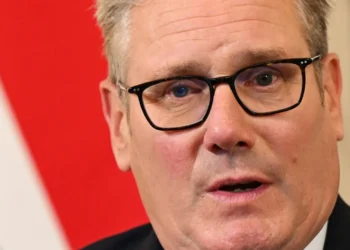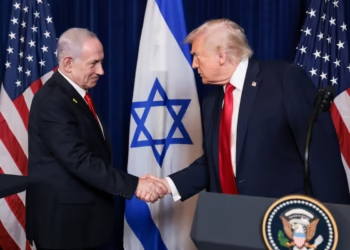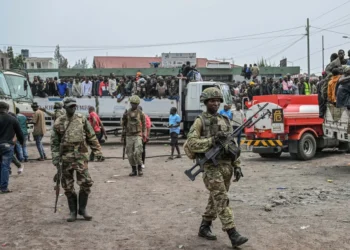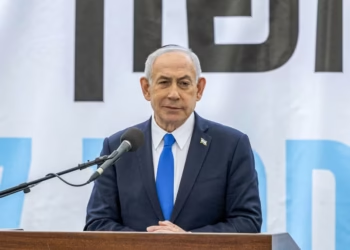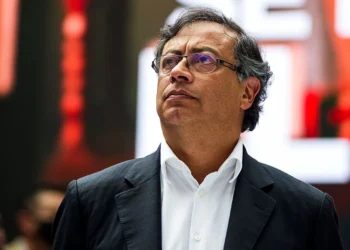BRUSSELS (Realist English). The Euronews Enlargement Summit in Brussels reignited tensions over the European Union’s stalled enlargement process, as leaders debated Ukraine’s accession and frustrations mounted among long-standing candidate states.
Speaking via video link, Ukrainian President Volodymyr Zelenskyy accused Hungarian Prime Minister Viktor Orbán of obstructing Kyiv’s EU membership bid. “We are at war for our survival, and we would really like the prime minister of Hungary to support us — or at least not block us,” Zelenskyy said, arguing that Ukraine’s defense was protecting “the whole of Europe from Russia.”
Orbán responded sharply, insisting Hungary “owes Ukraine nothing.” “Hungary’s security is guaranteed by our national defense capabilities and by NATO, of which Ukraine is fortunately not a member,” he said. His stance reflected the position of U.S. President Donald Trump, who has long opposed Ukraine’s entry into NATO.
Despite the dispute, European Council President António Costa called for renewed momentum toward EU enlargement, describing it as “the best investment we can make today for our future.” Costa emphasized that expanding the bloc would strengthen Europe “in an age of geopolitical uncertainty and economic instability.”
The European Commission said this week that new members could join as early as 2030, citing progress in Ukraine, Moldova, Montenegro, and Albania, but criticized Serbia for slowing reforms and Georgia for “democratic backsliding.”
At the same summit, North Macedonia’s Prime Minister Hristijan Mickoski condemned the use of national vetoes as a form of “bullying,” while Serbian President Aleksandar Vučić dismissed concerns over polarization and his visit to Moscow, saying, “Everybody should talk to each other.”
The summit underscored both the urgency and fragility of the EU’s enlargement drive — a process increasingly defined by geopolitical rivalry, internal divisions, and the growing impatience of those still waiting at Europe’s door.



